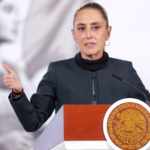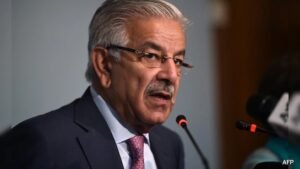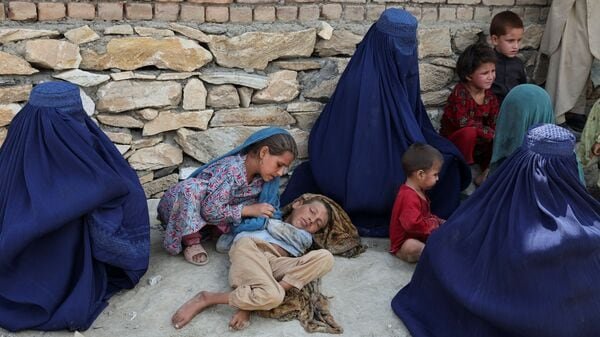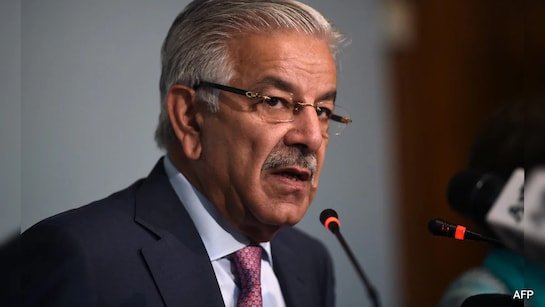The September 1 magnitude 6 quake and its aftershocks killed 2,200, injured more than 3,600 people and left thousands homeless in eastern Afghanistan.
The World Health Organisation (WHO) has urged Afghanistan’s Taliban regime to lift restrictions on female aid workers after reports suggested that the authorities had barred male rescuers from touching women in the aftermath of a devastating earthquake in eastern part of the country.
The September 1 magnitude 6 quake and its aftershocks killed 2,200, injured more than 3,600 people and left thousands homeless in a country already dealing with severe aid cuts and a slew of humanitarian crises since the Taliban took over in 2021 as foreign forces left.
Found your dream destination? Lock in the lowest airfare now on SkyScanner Explore Now
Dr Mukta Sharma, the deputy representative of WHO’s Afghanistan office, said that the authorities must allow female aid workers to travel without male guardians and help women struggling to access care.
“A very big issue now is the increasing paucity of female staff in these places,” Dr Sharma told Reuters.
She estimated that around 90 per cent of the medical staff in the area affected by the earthquake were male. The remaining 10 per cent were often midwives and nurses, rather than doctors, who could treat severe wounds. This was hampering care as women were uncomfortable or afraid to interact with male staff and travel alone to receive care. The ‘no skin contact’ rule has further complicated the situation.
“The restrictions are huge, the mahram (male guardian requirements) issue continues, and no formal exemption has been provided by the de facto authorities,” Sharma said, adding her team had raised the issue with authorities last week.
“That’s why we felt we had to advocate with (authorities) to say, this is the time you really need to have more female health workers present, let us bring them in, and let us search from other places where they’re available.”
The Afghan health ministry is yet to comment on the issue.
The Taliban says it respects women’s rights in line with its interpretation of Islamic law and has previously said it would ensure women could receive aid.
Taliban rule is hampering aid
Searing testimonies from survivors highlight how Taliban-imposed rules – banning men from making physical contact with unrelated women – turned a natural disaster into a deeper tragedy for women in Afghanistan.
With female doctors banned from training and many aid workers harassed into silence, the absence of women in relief operations has left earthquake survivors with one truth: calamity may strike everyone, but in Afghanistan, women are the last to be saved—if at all.
“No one offered the women help, asked what they needed or even approached them,” said Aysha, a 19-year-old from Afghanistan’s Kunar Province, describing how she and others were treated.




















